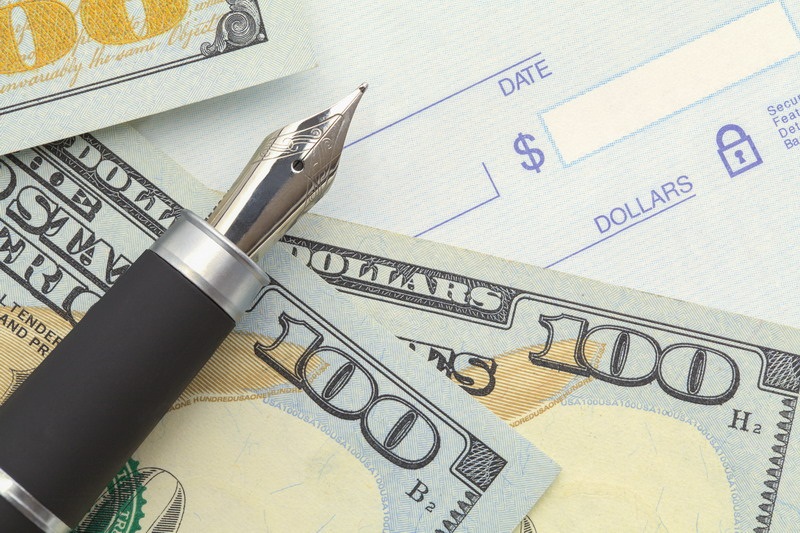
You just got paid by your employer. You have elected to receive paper checks because you don’t have a bank account. To cash your check, you head to a check-cashing store you’ll pass on the way home from work. It’s a routine you’ve been following since you started this job.
Have you ever wondered what happens to that check once you cash it? Have you ever wondered how the store can cash your check even though it’s not a bank? The point of this article is to provide an explanation. The more you know about how check-cashing works, the better able you will be to make informed decisions.
What Your Check Represents
The first thing to note is what your check actually represents. In and of itself, it is a piece of paper with no inherent value. It only has value to you because it represents money you are owed by your employer. If you were to take the check to your employer’s bank, it would be understood that there is enough money in the employer’s bank account to pay you. You would present that check to the teller, the teller would give you cash, and you would be on your way.
Your paycheck represents the same thing to the check-cashing store. However, the process for getting that money is a little more involved. The check-cashing store is not going to go to your employer’s bank to get paid. The store’s office follows a different procedure.
Cashing Checks and Endorsements
Cashing checks is all about endorsements. What is an endorsement? For the purposes of your paycheck, it is your signature on the back. Your signature indicates you have received the check and made the decision to cash or deposit it. Having said that, the check-cashing store can endorse your check as well.
You endorse the check by signing the back. You give the check to the cashier at the store and, just like at the bank, the cashier gives you an amount of cash equal to the face value of the check, minus any fees. You have your money, and the store has your piece of paper.
The store then endorses the check by stamping the back of it with a stamp provided by their bank. That endorsement now says the check-cashing store has received the check and wants to deposit it. That’s exactly what they do. Your check is deposited into the store’s bank account along with all the receipts for the day.
Banks Complete the Transaction
The final step in the process is between the check-cashing store’s bank and your employer’s bank. In the old days before electronic transactions, the check-cashing store’s bank would send a check directly to the employer’s bank; the employer’s bank would send back the cash. Everything is done electronically today.
Instead of sending the physical check, the store’s bank sends an electronic version to the employer’s bank. Likewise, the employer’s bank does not send back physical cash. Instead, it conducts an electronic funds transfer (EFT) that takes money from the employer’s bank account and puts it into the check-cashing store’s account.
Though this all may seem quite complicated, it’s really not. The best way to understand it is to know that your paycheck is simply a piece of paper that says your employer agrees to pay whoever presents it for payment. It doesn’t matter whether it’s you or a check-cashing store; the cash still comes out of the employer’s account.







